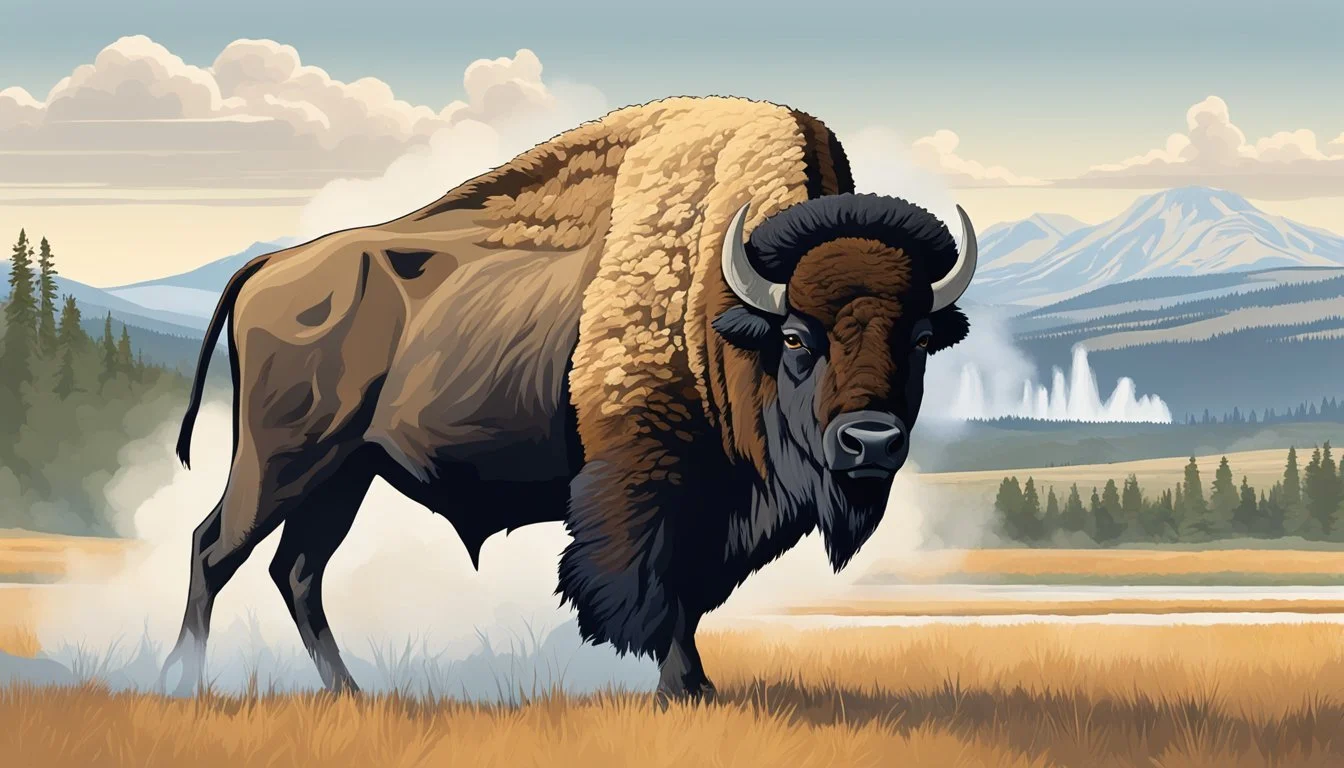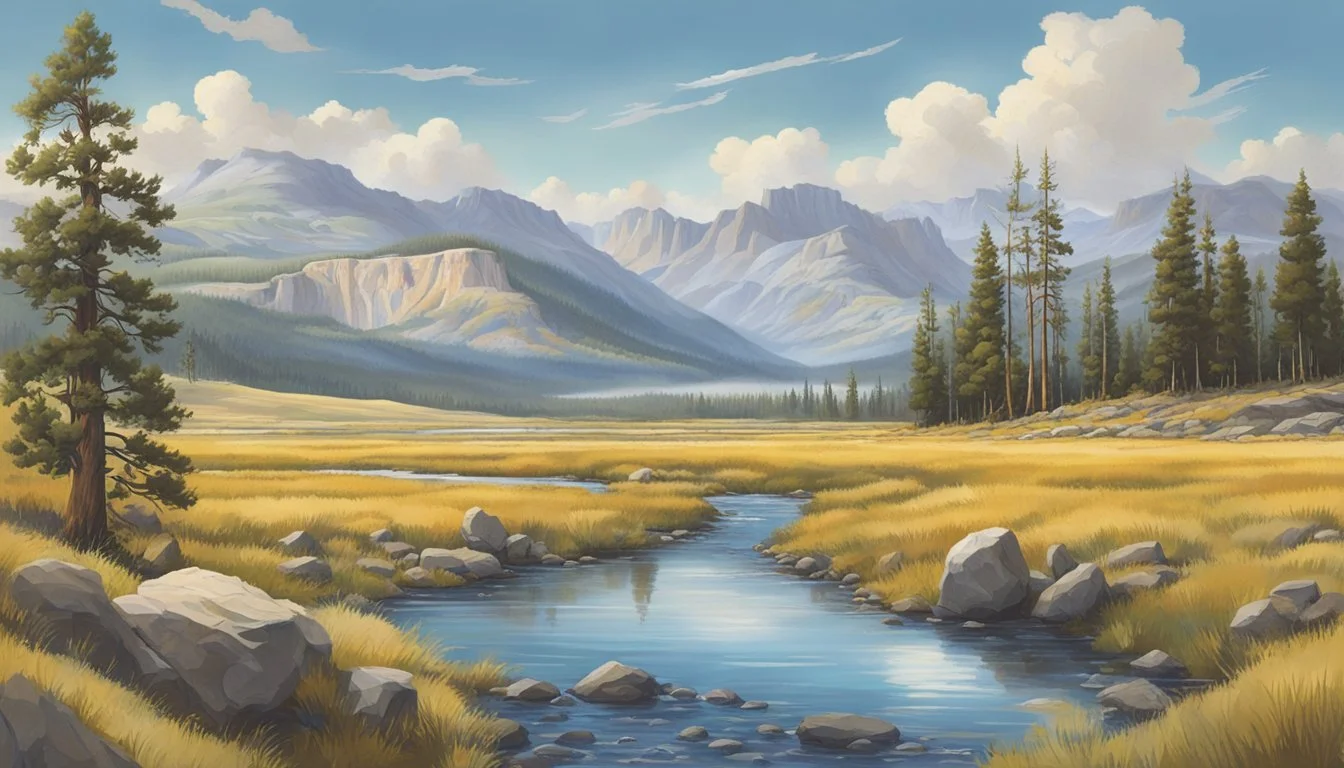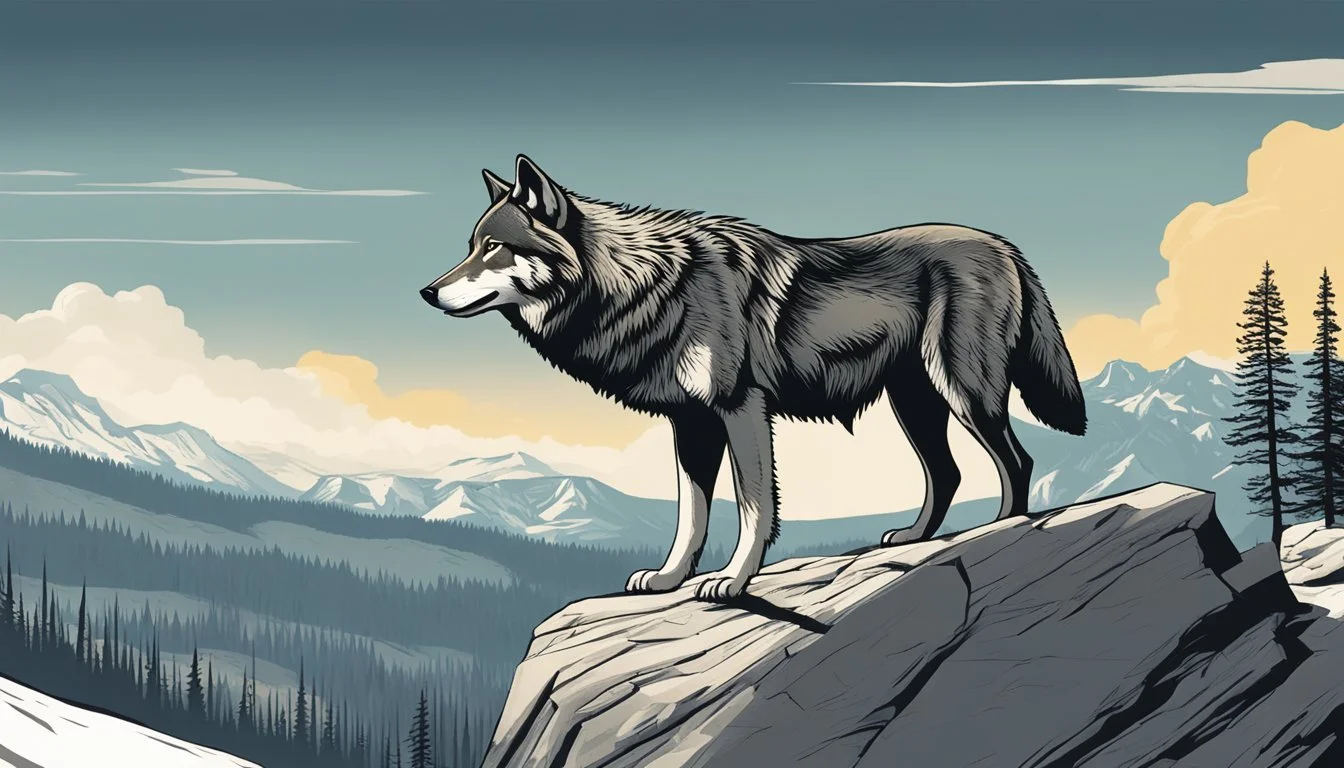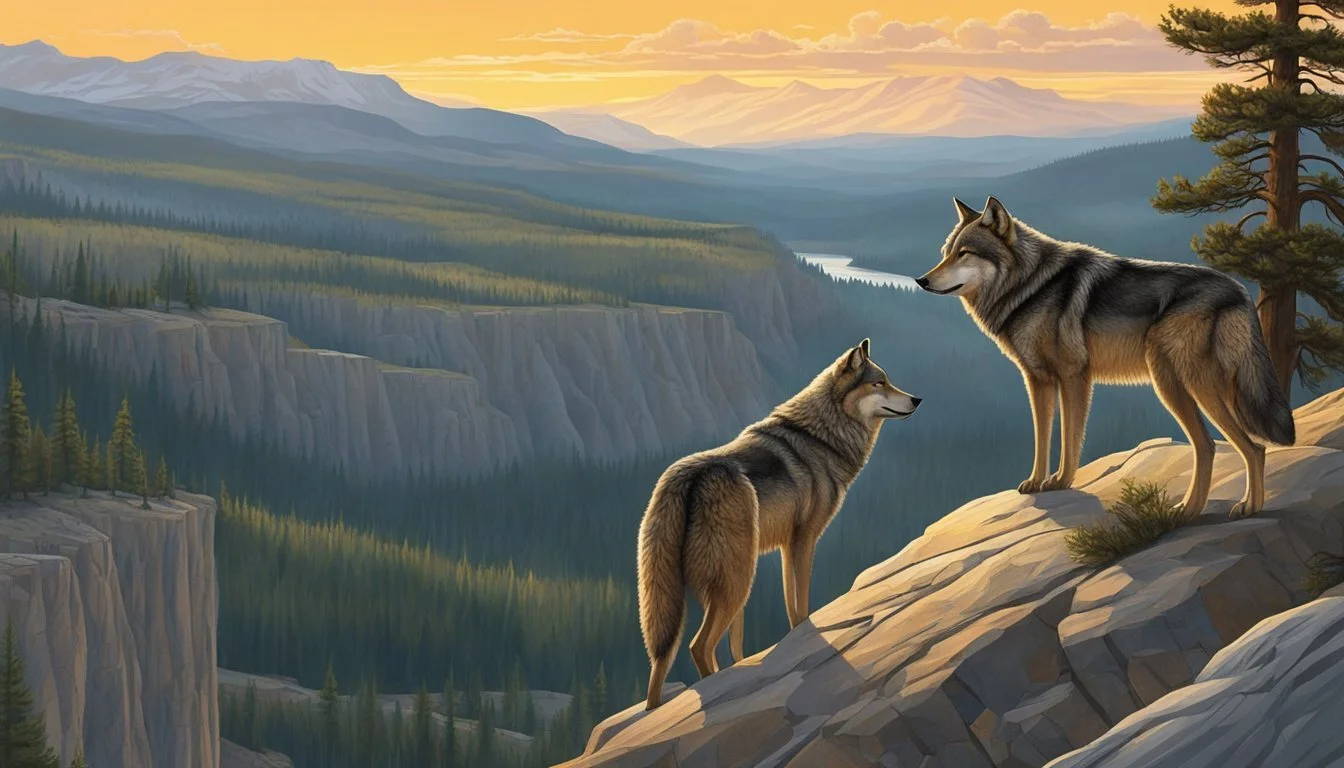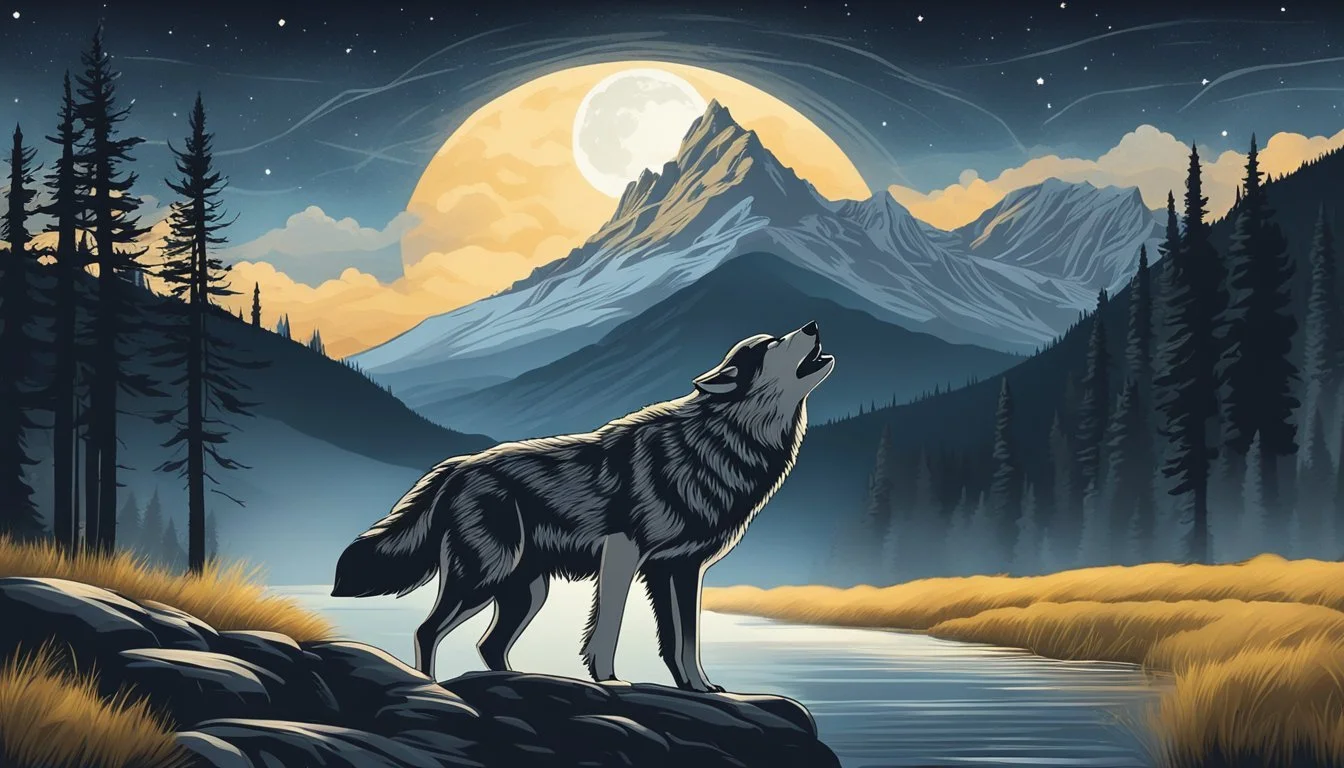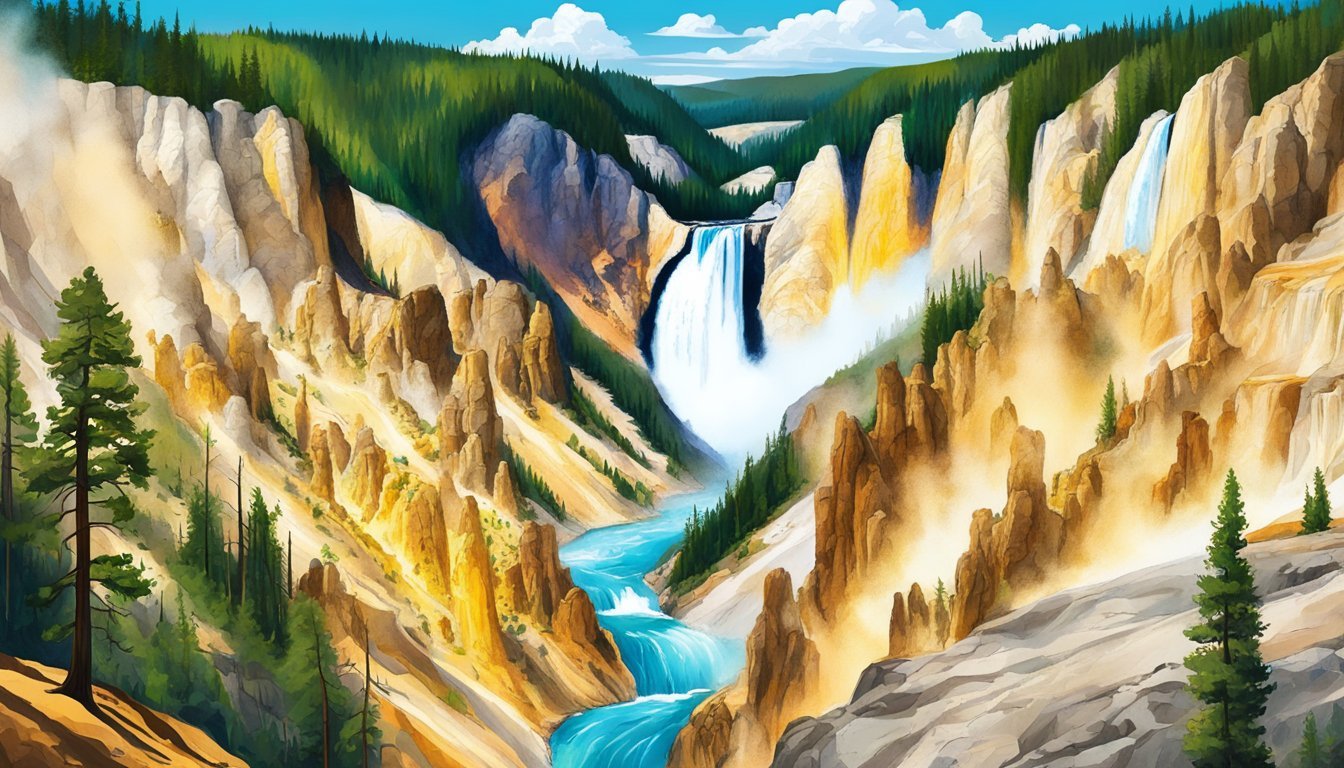The Concept of Legacy in Yellowstone's Central Themes
Exploring Family Dynasties and Land Preservation
Legacy stands at the heart of Yellowstone's narrative, shaping the actions and motivations of the Dutton family. This powerful theme intertwines with loyalty, betrayal, and the struggle for power, creating a complex web of relationships and conflicts that drive the series forward.
The Dutton family's relentless pursuit to preserve their land and way of life forms the cornerstone of Yellowstone's exploration of legacy. Through John Dutton's unwavering determination and his children's fierce dedication, the show delves into the lengths people will go to protect their inheritance and ensure their family name endures.
Yellowstone's examination of legacy extends beyond material possessions, touching on the intangible aspects of family traditions, values, and the weight of expectations passed down through generations. This multifaceted approach to legacy resonates with viewers, offering a reflection on the universal desire to leave a lasting mark on the world and the sacrifices required to do so.
The Essence of Yellowstone
Yellowstone captivates audiences with its raw portrayal of the American West, blending family drama with stunning landscapes. The show's cultural impact, genre-redefining approach, and creator Taylor Sheridan's unique vision form the core of its success.
Yellowstone as a Cultural Phenomenon
Yellowstone has become a cultural touchstone, resonating with millions of viewers across America. The show's authentic depiction of ranch life and modern Western conflicts strikes a chord with both rural and urban audiences. Its exploration of land rights, family loyalty, and the clash between tradition and progress reflects current societal tensions.
Yellowstone's influence extends beyond television, sparking renewed interest in Western fashion, tourism to Montana, and discussions about conservation. The series has also highlighted issues faced by Native American communities, bringing these often-overlooked perspectives to mainstream attention.
Evolution of the Modern Western Genre
Yellowstone represents a significant evolution in the Western genre, updating classic themes for a contemporary audience. The show departs from traditional Western tropes by setting its conflicts in the present day, addressing current issues like corporate land grabs and political corruption.
This modern take retains core Western elements - vast landscapes, rugged individualism, and the struggle for survival - while introducing complex characters and morally ambiguous situations. Yellowstone's blend of family saga, political intrigue, and environmental concerns broadens the appeal of the Western genre to new generations of viewers.
Outlining Taylor Sheridan's Vision
Taylor Sheridan, Yellowstone's creator, brings a distinctive vision to the series. His approach combines gritty realism with cinematic storytelling, creating a visually stunning and emotionally resonant narrative. Sheridan's background as a former ranch hand lends authenticity to the show's portrayal of ranch life.
His storytelling focuses on the complexities of power, family, and identity in the modern West. Sheridan's characters are multifaceted, often operating in moral gray areas. This nuanced approach challenges viewers' perceptions and expectations.
Sheridan's vision extends to the show's production, utilizing real ranch locations and incorporating local culture to create an immersive viewing experience. His commitment to authenticity has set a new standard for television Westerns.
Analyzing the Dutton Legacy
The Dutton family's legacy is a complex tapestry woven from power, loyalty, and tradition. Each family member plays a unique role in shaping and preserving their ancestral heritage.
Character Studies: John, Beth, and Jamie Dutton
John Dutton, the family patriarch, embodies the core of the Dutton legacy. His unwavering commitment to preserving the ranch drives his actions and decisions. John's leadership style is often harsh but effective, reflecting the harsh realities of ranch life.
Beth Dutton, John's daughter, is fiercely protective of the family legacy. Her sharp intellect and ruthless business tactics make her a formidable force in safeguarding Dutton interests. Beth's loyalty to her father is unshakeable, often leading to conflict with those who threaten the ranch.
Jamie Dutton, the adopted son, struggles with his place in the family. His legal expertise benefits the ranch, but his desire for recognition often puts him at odds with John and Beth. Jamie's internal conflict highlights the complex nature of family loyalty within the Dutton clan.
Kayce Dutton: The Embodiment of Family Loyalty
Kayce Dutton represents a bridge between the Dutton legacy and the outside world. His marriage to Monica, a Native American woman, brings new perspectives to the family dynamic. Kayce's military background and natural leadership abilities make him a valuable asset to the ranch.
Despite his conflicted feelings about the family business, Kayce's sense of duty to the Dutton name remains strong. His character arc explores the challenges of balancing personal desires with family obligations, a central theme in the Dutton legacy.
Rip Wheeler: Enforcer of Tradition
Rip Wheeler, though not a Dutton by blood, is integral to upholding the family's legacy. His unwavering loyalty to John and the ranch makes him a trusted enforcer of Dutton traditions. Rip's relationship with Beth adds depth to his character, showcasing a softer side beneath his tough exterior.
As the ranch foreman, Rip ensures the day-to-day operations align with John's vision. His methods are often brutal but effective, reflecting the harsh realities of maintaining power in the modern West.
Dutton Family Dynamics and Power Struggles
The Dutton family's internal power struggles are a microcosm of larger themes in the series. John's iron grip on the family business creates tension among his children, each vying for their place in the Dutton hierarchy.
Beth's fierce protection of her father's interests often puts her at odds with Jamie, leading to explosive confrontations. Kayce's reluctance to fully embrace the family business adds another layer of complexity to the family dynamic.
These power struggles highlight the challenges of maintaining a unified front against external threats while dealing with internal discord. The Dutton legacy is as much about navigating family relationships as it is about preserving their land and way of life.
Yellowstone's Depiction of Land and Ownership
Land ownership plays a central role in Yellowstone, driving conflicts between ranchers, corporations, and Native Americans. The show explores themes of conservation, corporate greed, and indigenous rights through its portrayal of the struggle for control over Montana's vast landscapes.
Conflicts Over Land Ownership
The Dutton family's Yellowstone Ranch serves as the epicenter of land disputes in the series. Their massive property attracts constant threats from developers, politicians, and neighboring tribes.
John Dutton fiercely defends his family's legacy, often resorting to questionable tactics to maintain control. His adversaries employ various strategies to claim portions of the ranch, from legal maneuvers to outright violence.
These conflicts highlight the complex web of interests surrounding land in the American West. Yellowstone portrays the tension between traditional ranching culture and modern economic pressures, showcasing how land ownership impacts power dynamics in rural Montana.
Conservation vs. Corporate Greed
Yellowstone juxtaposes environmental preservation against corporate interests seeking to exploit natural resources. The show presents a nuanced view of conservation efforts, acknowledging both their importance and potential drawbacks.
Corporate entities in the series often prioritize profit over environmental concerns. They attempt to acquire land for development projects, threatening the region's ecosystem and traditional way of life.
The Dutton family, while not always aligned with conservationists, frequently finds themselves opposing these corporate interests. This struggle reflects real-world debates about land use and resource management in areas of natural beauty.
Native American Rights and the Broken Rock Reservation
The show explores Native American land rights through the lens of the fictional Broken Rock Reservation. Conflicts arise between the reservation and the Dutton ranch over historical land claims and access to resources.
Yellowstone portrays the complex relationship between Native tribes and non-indigenous ranchers. It highlights the ongoing impact of historical injustices and treaty violations on present-day land disputes.
The series also touches on the challenges faced by Native American communities, including poverty and limited economic opportunities. These issues are often intertwined with questions of land ownership and resource access on and around the reservation.
Legacy in the Face of Adversity and Change
Yellowstone's exploration of legacy extends beyond mere inheritance, delving into how the Dutton family confronts challenges to their way of life. The show examines the complexities of maintaining a legacy amid external pressures and evolving circumstances.
Survival and Preservation Against Odds
The Duttons face constant threats to their ranch and lifestyle. Natural disasters, economic pressures, and rival interests continually test their resolve. John Dutton employs various strategies to protect his land, from political maneuvering to outright confrontation.
The show highlights the sacrifices required to preserve a legacy. Family members often put personal desires aside for the greater good of the ranch. This dedication showcases the depth of their commitment to their heritage.
Yellowstone also explores how legacy can be a double-edged sword. While it provides purpose and identity, it can also be a burden that limits individual freedom and happiness.
Interplay Between Heritage and Development
Yellowstone portrays the tension between maintaining traditional ways and adapting to modern realities. The Duttons struggle to balance their ranching heritage with the pressures of progress and development.
The show examines how external forces like tourism, urbanization, and changing land use policies impact the ranch. It raises questions about the sustainability of traditional ranching in a rapidly changing world.
Characters grapple with difficult decisions about modernizing operations or selling land. These choices force them to consider what aspects of their legacy are truly essential and which can be adapted or let go.
The Burden of Inheritance Tax
Inheritance tax emerges as a significant threat to the Dutton legacy in Yellowstone. The show illustrates how this financial burden can force families to sell off parts of their land or business to pay the tax bill.
John Dutton's efforts to structure his estate and minimize tax liability become a central plot point. The show explores various legal and financial strategies used to preserve wealth across generations.
Yellowstone also touches on the ethical implications of inheritance tax. It questions whether such taxes unfairly target family businesses and land-rich, cash-poor operations like ranches.
The Role of Conflict and Resolution
Conflict and resolution form the backbone of Yellowstone's narrative, driving character development and plot progression. These elements intertwine with the concept of legacy, shaping the Dutton family's journey and the series' central themes.
Betrayal, Vengeance, and Family Feuds
The Dutton family's internal conflicts often stem from betrayal and the pursuit of vengeance. John Dutton's children frequently clash over their roles within the family legacy. Beth's ruthless tactics to protect the ranch contrast sharply with Jamie's political ambitions.
Family feuds erupt when personal desires conflict with the collective goal of preserving the Dutton legacy. These conflicts test familial bonds and force characters to choose between loyalty and personal gain.
The series explores how betrayal can fracture family ties and spark cycles of revenge. This dynamic keeps viewers engaged as they witness the consequences of characters' actions unfold.
Alliances, Reconciliation, and Cultural Identity
Yellowstone depicts complex alliances formed to protect shared interests. The Duttons often align with unexpected partners to defend their land and way of life.
Reconciliation plays a crucial role in maintaining these alliances. Characters must overcome past grievances to work together against common threats.
Cultural identity emerges as a unifying force, particularly in alliances between the Duttons and Native American tribes. These partnerships highlight shared values and historical connections to the land.
The show explores how reconciliation can strengthen bonds and create powerful coalitions. It also examines the challenges of maintaining alliances in a landscape of shifting loyalties.
Environmental Concerns and Historical Injustices
Yellowstone tackles environmental issues through conflicts over land use and conservation. The Dutton ranch faces threats from developers and government agencies seeking to exploit natural resources.
These conflicts often intersect with historical injustices, particularly those involving Native American land rights. The series explores the complex legacy of colonization and its ongoing impact on contemporary land disputes.
Characters grapple with balancing economic interests and environmental stewardship. This tension reflects real-world debates about responsible land management and sustainable development.
The show portrays how past injustices continue to shape present-day conflicts, adding depth to its exploration of legacy and power dynamics in the American West.
The Influence of Yellowstone Spin-offs
Yellowstone's spin-off series have expanded the Dutton family saga, enriching the original show's themes and exploring new frontiers in the Western genre. These offshoots have captivated audiences by delving into different time periods and introducing compelling characters.
Exploring Dutton History in 1883 and 1923
The spin-offs 1883 and 1923 offer viewers a glimpse into the Dutton family's past, providing context for their present-day struggles. 1883 follows the first generation of Duttons as they embark on a perilous journey across the American frontier. This series showcases the harsh realities of 19th-century westward expansion and the foundation of the Dutton legacy.
1923 jumps forward to explore the family's challenges during Prohibition and the Great Depression. It illustrates how the Duttons' determination and resilience were forged through adversity. Both spin-offs highlight the recurring themes of family loyalty, land preservation, and the clash between tradition and progress.
Expanding the Yellowstone Universe and Its Impact
Taylor Sheridan's expansion of the Yellowstone universe has significantly influenced modern Western TV dramas. The spin-offs have introduced new storytelling techniques and production values to the genre. They blend historical accuracy with compelling narratives, attracting a diverse audience beyond traditional Western fans.
These series have also sparked renewed interest in American history and ranching culture. The popularity of the spin-offs has led to increased tourism in filming locations and a resurgence in Western-inspired fashion. Additionally, they have provided opportunities for established actors and newcomers alike to showcase their talents in rich, complex roles.
The success of these spin-offs has demonstrated the potential for multi-generational storytelling in television. It has inspired other networks and streaming platforms to invest in similar expansive narrative universes.
Yellowstone's Narrative Devices
Yellowstone employs powerful storytelling techniques to bring its world to life. The show's narrative devices immerse viewers in the rugged landscapes and complex relationships of the modern American West.
Storytelling Through the Lens of the American West
Yellowstone's creators use the iconic imagery of the American West to frame their narrative. Wide-open spaces and sprawling ranches serve as more than just backdrops. They become characters in their own right, shaping the conflicts and decisions of the human cast.
The series draws on Western genre traditions while updating them for contemporary audiences. Classic themes of land ownership and frontier justice are reimagined in a 21st-century context. This blend of old and new creates a unique storytelling environment.
Yellowstone's narrative often focuses on the clash between tradition and progress. The Dutton family's struggle to maintain their way of life against encroaching modernity drives much of the plot. This tension provides a rich source of drama and social commentary.
Character Development and Emotional Arcs
Yellowstone's characters undergo significant growth throughout the series. Each family member faces personal challenges that test their loyalties and values. These individual journeys contribute to the overarching narrative of the Dutton legacy.
The show uses flashbacks to deepen character backstories. These glimpses into the past reveal the origins of present-day conflicts and motivations. They allow viewers to understand the complex history shaping current events.
Emotional arcs in Yellowstone are often intense and transformative. Characters' relationships evolve in unexpected ways, driven by the harsh realities of their world. The series finale showcases the culmination of these arcs, bringing long-simmering tensions to a head.
The Significance of Casting and Performance
The stellar cast of Yellowstone brings depth and authenticity to the show's complex characters and themes. Their performances elevate the narrative, creating a compelling portrayal of family dynamics and Western life.
Kevin Costner as John Dutton's Patriarchal Figure
Kevin Costner's portrayal of John Dutton anchors the series with gravitas and nuance. His commanding presence embodies the resilient rancher fighting to preserve his family's legacy. Costner's subtle facial expressions and measured delivery convey John's inner turmoil and unwavering determination.
His performance captures the essence of a man torn between tradition and progress, family loyalty and personal ambition. Costner's John Dutton resonates with viewers as a flawed yet sympathetic patriarch, adding layers to the show's exploration of legacy and power.
Supporting Cast: Kelly Reilly, Luke Grimes, and Others
The supporting cast breathes life into the rich tapestry of characters surrounding John Dutton. Kelly Reilly's fierce portrayal of Beth Dutton stands out, bringing raw intensity and vulnerability to the ruthless businesswoman. Luke Grimes as Kayce Dutton offers a nuanced performance, balancing inner conflict with quiet strength.
Cole Hauser's Rip Wheeler exudes loyalty and danger in equal measure. Wes Bentley's Jamie Dutton showcases internal struggle with finesse. Gil Birmingham as Thomas Rainwater provides a dignified counterpoint to the Duttons' perspective.
Their collective performances create a dynamic ensemble, each character contributing to the show's exploration of family, land, and identity in the modern West.
The Future of Yellowstone and Its Legacy
Yellowstone's impact on television and popular culture continues to evolve. The show's future holds potential for further exploration of its central themes and expansion of its universe.
Prospects for Season 5 and Beyond
Yellowstone's fifth season marks a pivotal point for the series. The Paramount Network has invested heavily in the show's success, splitting the season into two parts. This decision allows for a more extended narrative arc and heightened anticipation among viewers.
The second half of Season 5 is set to air in 2024, promising resolution to ongoing storylines and introducing new challenges for the Dutton family. Speculation abounds regarding potential character developments and plot twists.
Paramount has also greenlit several Yellowstone spin-offs, expanding the show's universe. These include prequels like "1883" and "1923," as well as the upcoming "6666" series.
Maintaining Relevance in Popular Culture
Yellowstone has cemented its place in contemporary television, sparking conversations about land ownership, family dynamics, and the changing American West. Its influence extends beyond the screen, impacting fashion trends and tourism in Montana.
The show's legacy is likely to endure through its spin-offs and cultural impact. It has revitalized interest in Western-themed entertainment and sparked discussions on rural American issues.
Yellowstone's creators face the challenge of keeping the narrative fresh while staying true to its core themes. The show's ability to adapt to changing viewer expectations will be crucial in maintaining its relevance.
As streaming platforms continue to shape television consumption, Yellowstone's future may involve adapting to new distribution models while preserving its cinematic quality.


